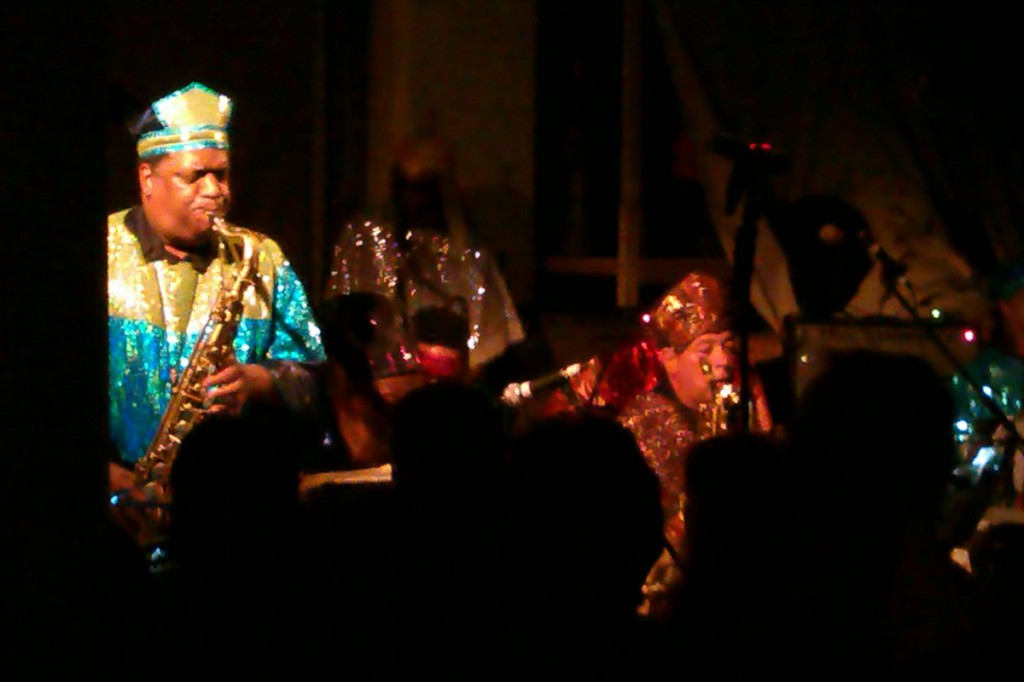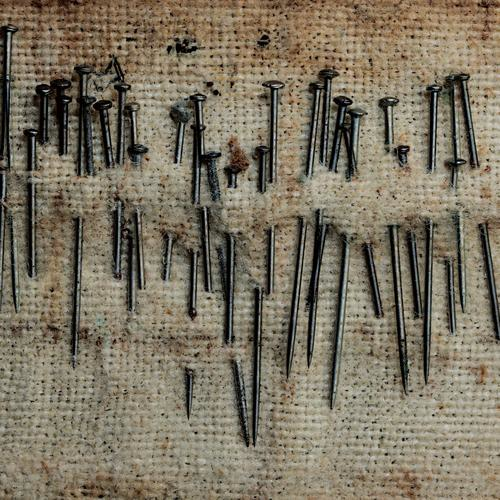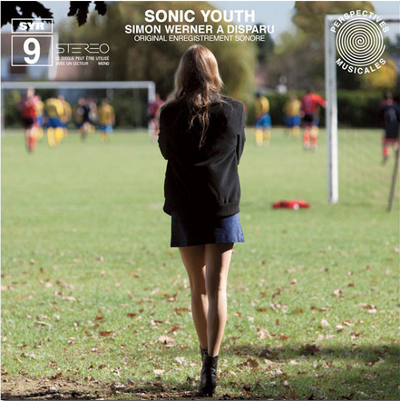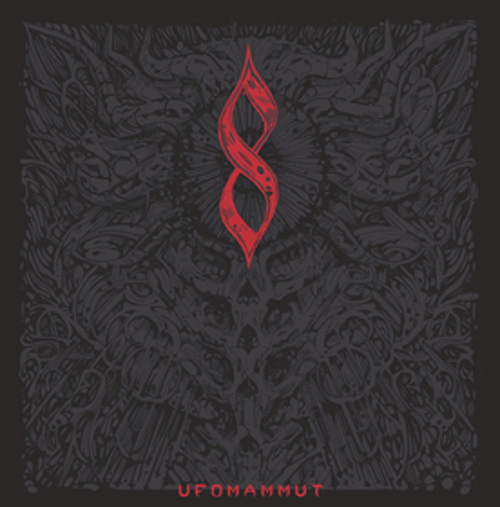25 August 2013
en-coun-ter (en-koun-ter):
To come upon or meet with.
(Origin: 1250–1300; Middle English encountren < Anglo-French enco ( u ) ntrer; Old French < Vulgar Latin *incontrāre, equivalent to in- in-1 + –contrāre, derivative of contrā against)
Hynekian System of Classification:
‘Close encounter of the third kind’ – sighting of an animated being.
________________
On the August Bank Holiday 2013, the animated beings that comprise the Sun Ra Arkestra have chosen to take a brief respite from travelling the spaceways in order to land on Earth for a five-day residency at Café Oto. That every night is sold out, the club packed to the gunnels despite the heat of the summer evening, speaks volumes for the standing that The Arkestra now possess. Gone are the hecklers of the 1960s, the financially precarious times of the Philadelphia communal house in the 1970s; gone even is Ra himself, the remains of his earthly physical incarnation interred in Alabama in 1993, his cosmic spirit returned home to Saturn where, on an astral visit in the late 1930s, the local inhabitants told him that “I would speak [through music], and the world would listen. That’s what they told me.” After a brief stewardship by tenor saxophone player John Gilmour, in 1995 control of The Arkestra’s interstellar overdrive passed to alto supremo and fellow veteran Marshall Allen who, with steady hand and ferocious intent, has guided the band in its continuing mission to explore the musical cosmos and bring the harmonic universal vibration to the rudimentary carbon based life-forms that inhabit the third rock from the sun. Since the mid 1990s Allen has written dozens of new arrangements and compositions so that, far from becoming an Arkestra adrift in space, a floating mausoleum for the departed Ra, the original mothership’s refitted engines are more powerful than ever before.Materialising onto the stage resplendent in their signature space costumes, sequins and Egyptian head-dresses, The Arkestra strike up instantly and at full force, proceeding to give a truly devastating display of the possibilities of interplay between melody, harmony and rhythm. Their musical virtuosity is no stale demonstration of technique for technique’s sake though; it has been honed by decades of playing in service of the material, a unique blend of free improvisation and classic jazz, one that mixes the furthest reaches of experimentation with olde tyme standards so seamlessly that the word ‘genre’ itself disappears off into the void like so much space dust.
The recorded Sun Ra oeuvre that demonstrates this so amply runs to over 200 albums, performing the unlikely feat of making even Throbbing Gristle’s intimidatingly massive discography seem a rather flimsy and insubstantial thing by comparison. That Jazz by Sun Ra (also known as Sun Song), The Arkestra’s first album proper, appeared almost 60 years ago, gives some indication of the sheer chronological scope involved here. So too does the fact that were John Coltrane still alive, he would still be two years younger than Marshall Allen. With almost all the Titans of jazz now in the afterlife, seeing The Arkestra in concert is a link to a heroic and now almost-vanished world, the musical equivalent of being able to stand in the Forbidden Valley and stare in awe and wonder at Gwangi and the other survivors of the Jurassic era.The first half of the set opens with “Interplanetary Music” (which first appeared on We Travel the Spaceways in 1956 when Dave Brock was still at Longford Secondary Modern School and a teenage Daevid Allen working in a bookshop in Melbourne) and encompasses a delightful version of “When You Wish Upon A Star,” originally from the 1940 Disney adaptation of Pinocchio. During the latter, Allen, magnificent in his red robe, looses off a short solo so powerful that I worry that the load-bearing pillar next to him may just give way with the sonic force. Another stand-out contribution comes from pianist Farid Barron, dressed in serpent bowler hat and groovy dark sequin trousers, whose sublime playing, vocoder-style space scatting and humorous demeanour inject a youthful and muscular vigour into the band’s sound. Even when playing the piano with his arse it still sounds like angels dancing across the black and white keys.
The audience, meanwhile, are held in complete rapture. Comprising the whole gamut of ages from grizzled jazz greybeards to young local hipsters, the atmosphere is warm (both literally and metaphorically), inclusive and dedicated solely to getting down. Everyone knows why they are here; everyone appreciates just how truly special any chance to see The Arkestra is.During the interval, as everyone spills out into the pavement in order to enjoy more of the 20.95% oxygen that comprises the Earth’s atmosphere, Marshall Allen puffs elegantly on a Camel Lite and chats amiably to the surrounding circle of adoring young ladies. Allen is one year shy of 90. He is both a NHS poster campaign’s worst nightmare, and the best advertisement for the youth-enhancing effect of cosmic space jazz as it is possible to imagine.
The second half of the set is equally sublime: a poignant “Stars Fell on Alabama,” a jaunty clap-along “Fate in a Pleasant Mood” and a truly gorgeous rendition of “Love in Outer Space.” In another highlight, Marshall Allen lets loose the EVI (or Electronic Valve Instrument), a strange hybrid of Theremin and kazoo that resembles nothing so much as a miniature version of the Monolith from 2001: A Space Odyssey.By the time that the show winds to a close, the audience joining in call-and-response style, The Arkestra snaking through the audience in their traditional procession, honking, clapping, chanting and leading the way along the path that leads to the stars, the roof has lifted off Oto. During the band’s first decade, in response to a criticism that Sun Ra was “too far out”, that other legend of the piano, Thelonious Monk, famously replied, “Yeah, but it swings.” Even a half century later, how right he was.
See you on Jupiter.
-David Solomons-




